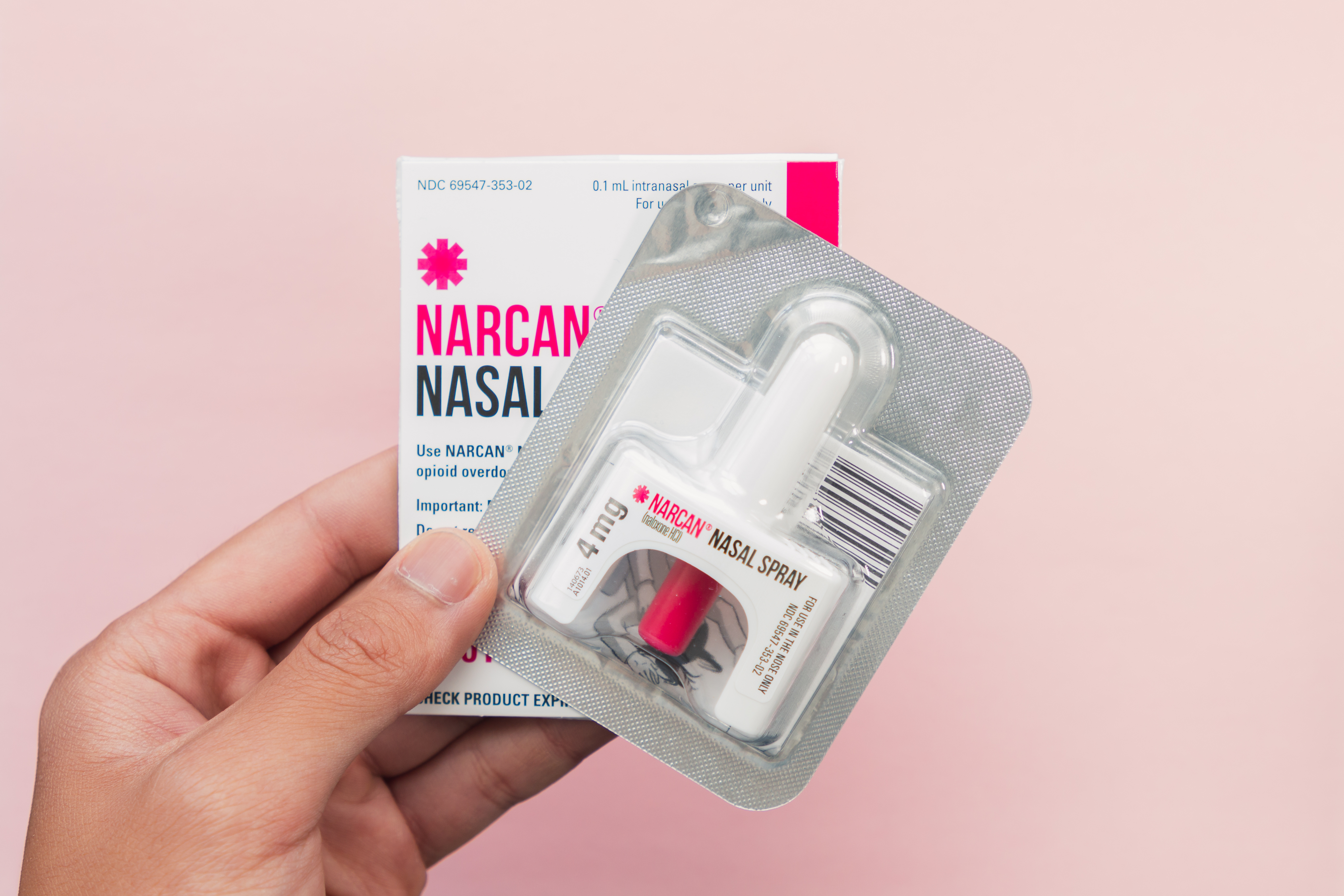Over-the-Counter & Prescription Antibiotic Medication
The best OTC and prescription antibiotic treatment options
Antibiotics are a class of medication used to treat of bacterial infections. If you’ve ever had an ear infection, a UTI, or strep throat, chances are you’ve been prescribed an antibiotic to fight your illness. Antibiotic drugs come in a variety of forms and with various strengths.
So, what’s the difference between prescription and OTC antibiotic medicines? We’ve put together a cheat sheet to help clarify what these medications are, what they’re used to treat, and how they are supplied. Refer to this information to better understand your treatment plan. Also use it to understand the medication you are using.
What are antibiotics used for?
Antibiotic medication is used for the treatment of bacterial infections. Infections from harmful bacteria can cause many dangerous medical conditions. These infections can affect various parts of the body in diverse ways.
Some of the most common bacterial infections include:
- Food poisoning
- Bacterial pneumonia
- Skin infections such as impetigo, boils and cellulitis
- Ear (Otitis media) and sinus infections
- Urinary tract infections (UTIs)
- Sexually transmitted infections such as chlamydia and gonorrhea
- Strep throat
- E. coli infections
- Bacterial vaginosis (bacterial overgrowth in the vagina)
- Lyme disease
Antibiotics are used only for the treatment of bacterial infections. They cannot be used to treat viral infections like the common cold, COVID-19 and the flu.
Bacterial infections can be spread via airborne droplets. They can also be spread through direct or indirect skin contact, bug bites, and contaminated surfaces or food. This is not a complete list, but these are among the most common means of transmission.
Your options for over-the-counter antibiotics
There are no FDA-approved oral antibiotics available to be purchased over the counter. In other words, antibiotic medications are only available via prescription from a licensed healthcare provider. Many types of topical medication also require a prescription for use. However, there are several over-the-counter topical antibacterial medications widely available.
Topical antibiotics are supplied as gels, ointments, creams, sprays or powders. These are often used to treat minor cuts, scrapes, burns and acne.
Common brand-name topical OTC antibiotic medications include:
- Neosporin (bacitracin/neomycin/polymyxin B)
- Polysporin (bacitracin/polymyxin B)
- Proactiv (benzoyl peroxide)
Generic versions of these medications are also widely available, often at a lower cost than the brand name option. These topical drugs should be applied directly to the affected area. They are only approved for external use and should not be ingested in any way.
The medication above is widely available in pharmacies. However, we still recommend that you seek medical advice from a healthcare provider before using OTC antibiotics for treatment. You probably don’t need to speak to a doctor before you put Neosporin on a cut. However, deeper wounds, moderate burns, skin infections–even acne–should be looked at by a medical professional before OTC antibiotic use.
Some conditions require advanced treatment with prescription medication. Additionally, OTC antibiotic medication can cause side effects such as skin irritation. Talking to a healthcare provider before using any medication can reduce your risk of adverse reactions. It can also help you get the best results from your treatment.
Your next best options
If over-the-counter medication has not effectively treat your condition, your next best option is to get a prescription antibiotic from a licensed healthcare provider. Healthcare providers prescribe antibiotics based on the specific type of infection. They also consider its severity and the patient's medical history. This personalized approach increases the likelihood of effectively treating the infection. It also reduces potential side effects. A prescription antibiotic will offer targeted treatment for the specific infection requiring treatment.
How do I know if I need OTC or prescription antibiotics?
OTC antibiotics are only used topically, meaning they should only be used externally. This can help treat minor afflictions such as cuts, scrapes and mild acne. Prescription topical medication is used for more severe cases of skin infections and acne. Doctors prescribe oral antibiotics for bacterial infections that occur inside the body. Examples include strep throat, UTIs, and sinus infections.
Why do antibiotics require a prescription?
Antibiotics are often the first line of treatment for bacterial infections. The medicinal benefits of antibiotics far outweigh the risks involved with their use. However, they are potent drugs that can affect the body in various ways.
Overusing oral antibiotics can cause harmful side effects from overdose. It can also contribute to antibiotic resistance. This means that the invasive bacteria become resistant to antibiotic treatment. This eventually makes them useless. This risk is reduced by having dosage planned by a medical professional. Medical professionals receive training to know when to use antibiotics. They also learn the best dosage to fight your condition.
Overuse of antibiotics can also affect the microbiome of your body. A microbiome is a complex collection of bacteria that live in your body. This collection consists of “good” bacteria. They protect your body against the harmful bacteria overgrowth. They also play a key role in digestion and general wellness. Antibiotics kill good and bad bacteria. This makes it more likely that harmful bacteria will overpopulate. This can lead to infection in your body.
What are the most commonly prescribed antibiotics?
Antibiotic medication is supplied in a wide variety of forms and strengths. There are four primary routes of administration for an antibiotic medication. The specific form or method the drug is supplied depends on the patient and the condition being treated.
The four common types of antibiotic medication are:
- Oral antibiotics (usually capsules, tablets, or a liquid solution)
- Topical antibiotics (usually gels, creams, or ointments to be applied to the affected area)
- Intravenous antibiotics (administered in a health care setting like a doctor’s office or hospital)
- Intramuscular injection (also usually administered in an outpatient setting like a doctor’s office or hospital)
The ten most common antibiotic prescription drugs ordered by providers on Sesame are:
- Azithromycin
- Penicillin
- Amoxicillin
- Metronidazole
- Levofloxacin
- Nitrofurantoin
- Ciprofloxacin
- Cefdinir
- Clindamycin
- Cefalexin
These drugs are used to treat a wide variety of bacterial infections. For instance, you may be prescribed topical azithromycin eye drops. They treat bacterial eye infections. In contrast, you may be prescribed oral azithromycin for bronchitis. The form of medication prescribed will depend on the infection.
Intravenous and intramuscular antibiotic injections are used for severe infections like sepsis. These injections are fast-acting and highly concentrated. Because of their strength, they are applied by a licensed health care provider in a health care setting.
What precautions should I take before taking an antibiotic?
If you have been prescribed an antibiotic, take it exactly as ordered by your provider. Do not increase your dosage without speaking to them first. Continue to take the full course of treatment, even if you begin to feel better. Bacteria can reinfect the body if not adequately treated. Take the entirety of your prescription according to the directions of the prescriber.
Antibiotics can interact with other medications and substances in the body. This can cause a negative reaction and potentially severe side effects. When a doctor orders an antibiotic prescription, they will also monitor any possible adverse reactions to the drug. Before starting treatment with antibiotic medication, tell your healthcare provider about any medical conditions you are managing. Also, let them know about any medication or supplements you are taking. If you have had an allergic reaction to antibiotics, tell them.
Also, tell your doctor if you plan to become pregnant, are pregnant, or are breastfeeding. Let your doctor know before taking antibiotics. Call your provider if you become pregnant while you are taking antibiotics.
How Sesame can help
Not sure what treatment plan is right for you? Talk to a healthcare provider on Sesame to get fast and affordable care for your condition. During these visits, you can discuss your symptoms, treatment options and proper medication usage with a licensed medical professional. These appointments are valuable even for minor problems like mild wounds, as they offer a low-cost means of getting medical advice without the hassle of getting to a clinic.
Book a telehealth appointmenton Sesame for any primary care or urgent care needs to get treatment right away at a fraction of the price you’d pay for an in-person doctor’s visit.









